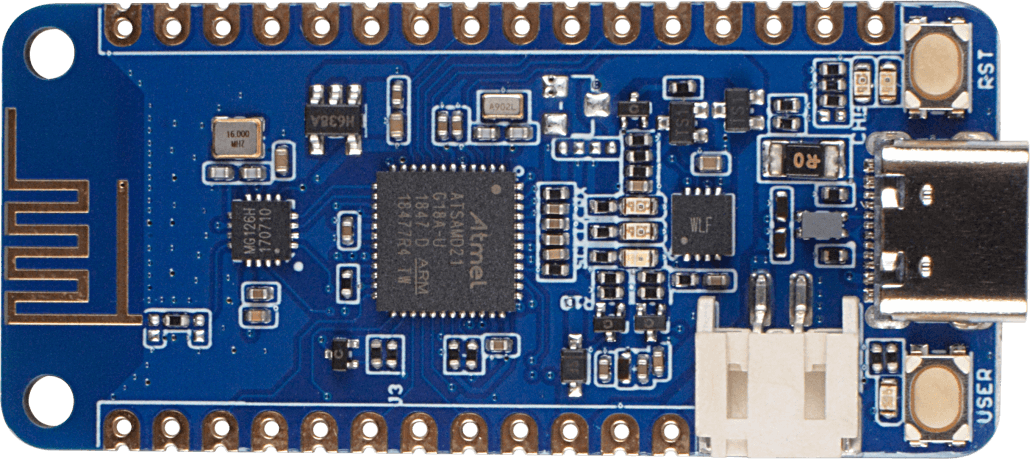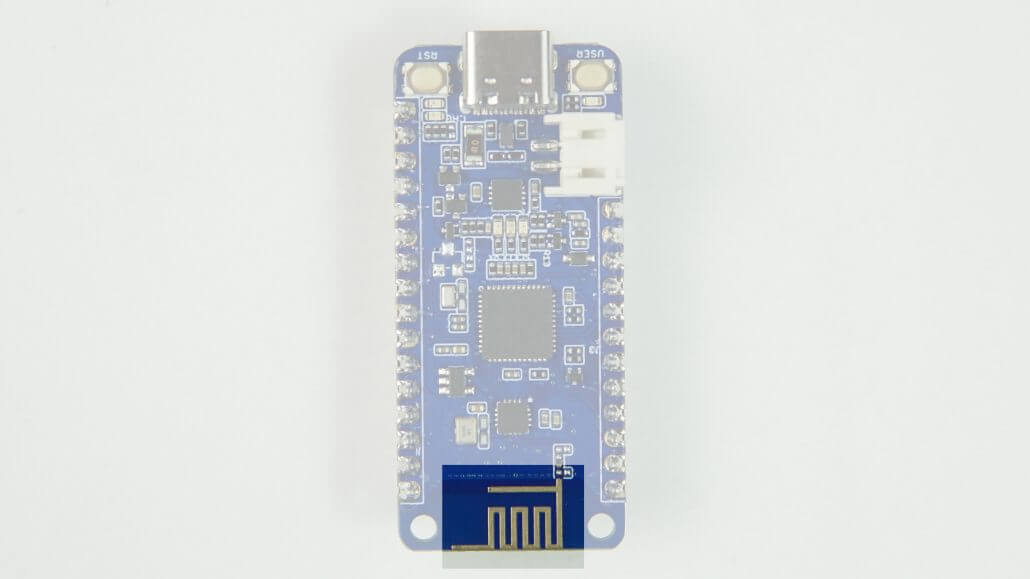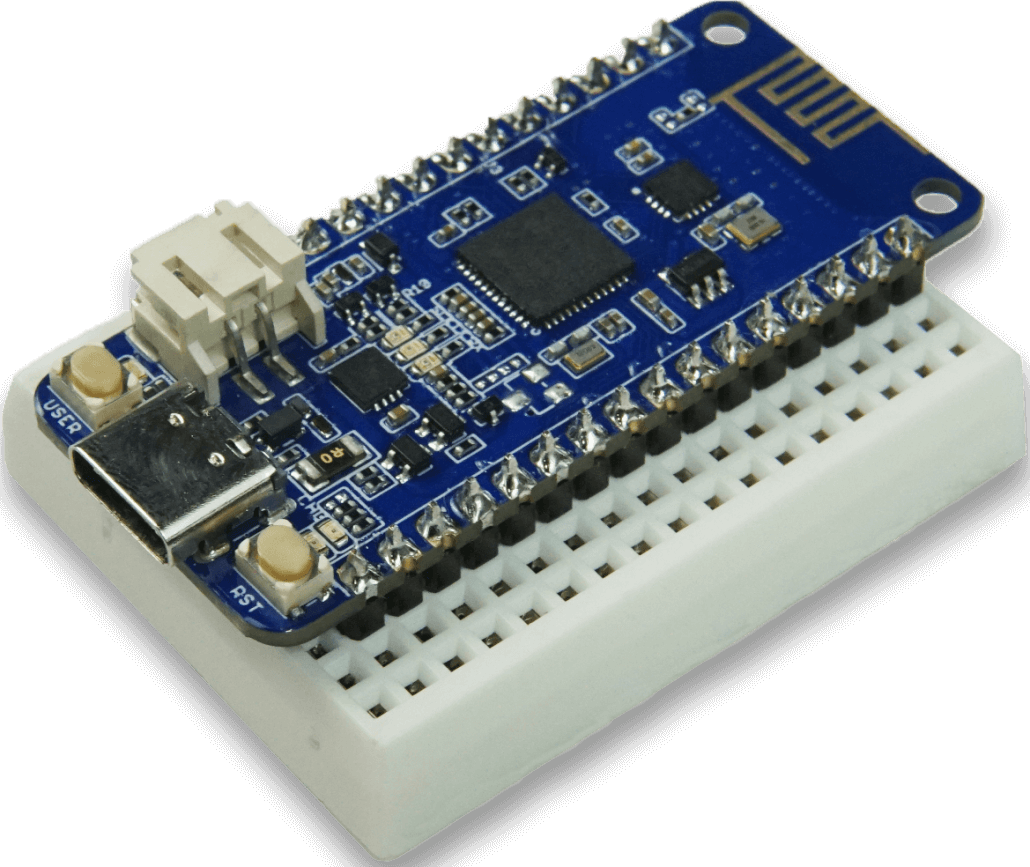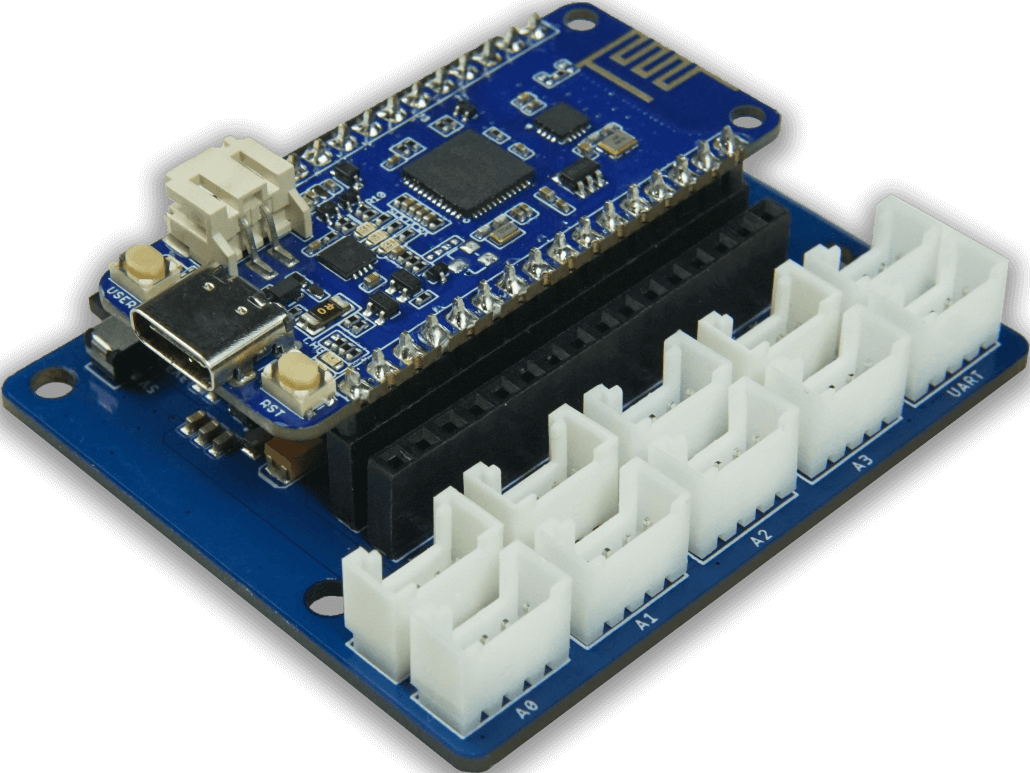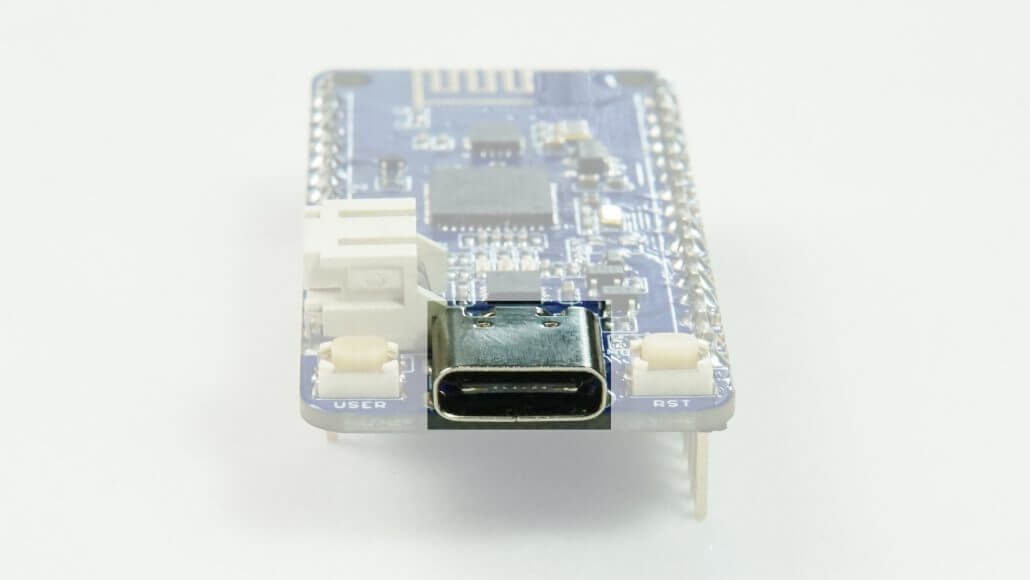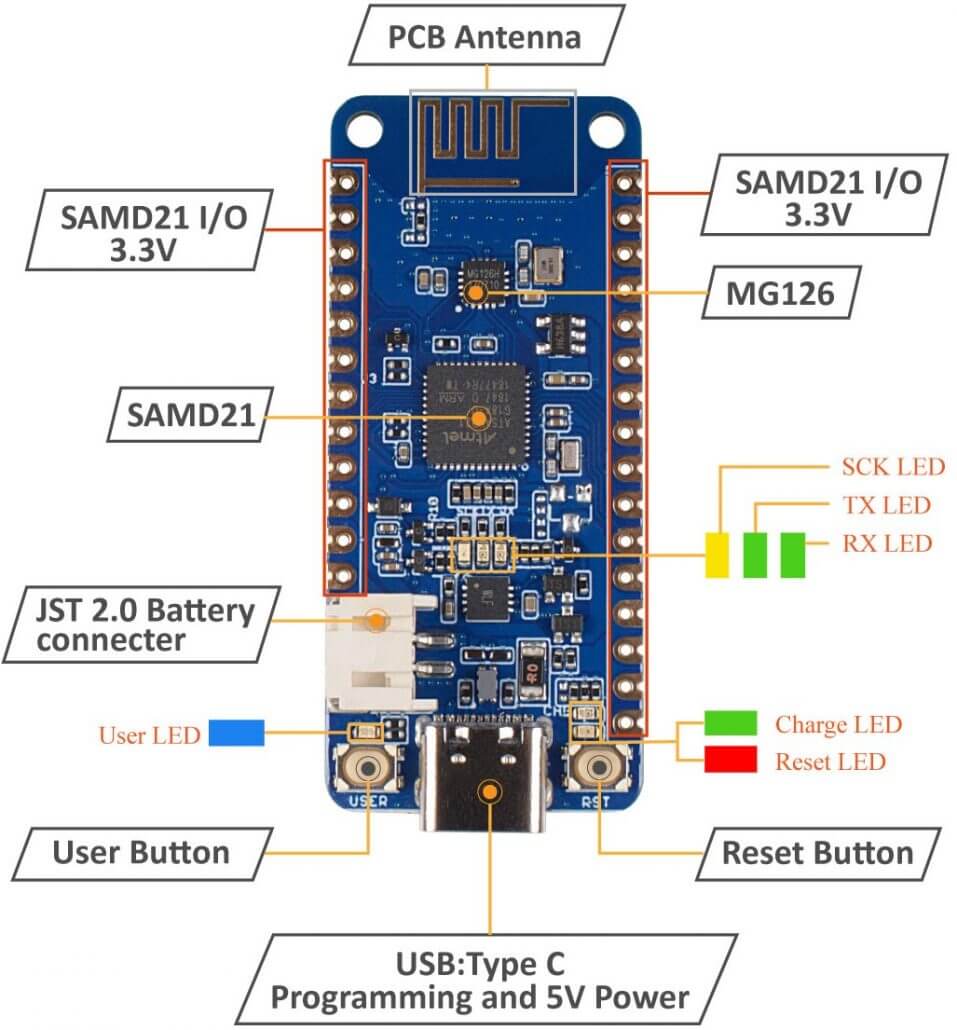Wio Lite MG126 – ATSAMD21 Cortex-M0 Bluetooth Development Board – #newproductsTuesday
Hey Seeekers,
It’s newproductsTuesday again! Today we bring you the second product of the Wio Lite series, Wio Lite MG126 Bluetooth development board. Last week we released the first product of this brand new series, Wio Lite W600 and you can have a look at its blog if you missed it.
The Wio Lite MG126 is a small, inexpensive development board, featuring an ATSAMD21 chip which is based on Arm Cortex-M0. This gives an added advantage over the ATMega328 chip used is many microcontrollers because it is more powerful. Also, this is a fully Arduino-compatible development board.

Additionally, this board is BLE-enabled through the MG126 Bluetooth core, which means you can drive your wireless projects with ease. MG126 is a 2.4GHz BLE RF transceiver with software configurable registers, embedded packet handling engine. It can work with ultra-low power. The Bluetooth air data rate of MG126 is 1Mbps and it can talk with Arduino core at the speed of 4Mbps via the SPI interface.
This board is very friendly to use with a breadboard because it can be directly mounted on the breadboard using the downward-facing uniform pinouts and start building your projects easily.
Also, this board is fully compatible with the Adafruit Feather ecosystem, allowing you to use this board in conjunction with your Feather board projects. Feather is a very successful development platform in the community, and there are already many cool Feather boards out there from Adafruit. So, we believe this board will provide more possibilities to the Feather community in the future.
Furthermore, we have released the Grove Shield for Wio Lite a few weeks ago and, Wio Lite MG126 is compatibility with this shield. So, this shield brings over 200 Grove modules, consisting of actuators, displays to the Wio Lite MG126, the complete Wio Lite series and also the Feather ecosystem.
We have continued to include USB Type-C connectors to all our development boards and the Wio Lite MG126 is no exception. With the high speed, reversible USB connector that provides both power and data, everything becomes convenient.
Features
- Arduino Zero Compatible/ Adafruit Feather Compatible
- 2.4GHz ISM band operation with 2MHz channel spacing
- 1Mbps air data rate
- ultra-low power
Hardware Overview
We break out the 3.3V I/O pins of SAM D21. SAM D21 chip has rich I /O resources, including 14 Digital pins, 6 Analog pins, 1 UART port, 1 I2C port, and 1 ICSP port. Meanwhile, there is a JST2.0 Li-Po battery port where you can use either 3.5V or 4.2V Li-Po battery to power this board.
So that is for this week’s product release. Hope you guys like it! Stay tuned for more products that will be released in the future!
